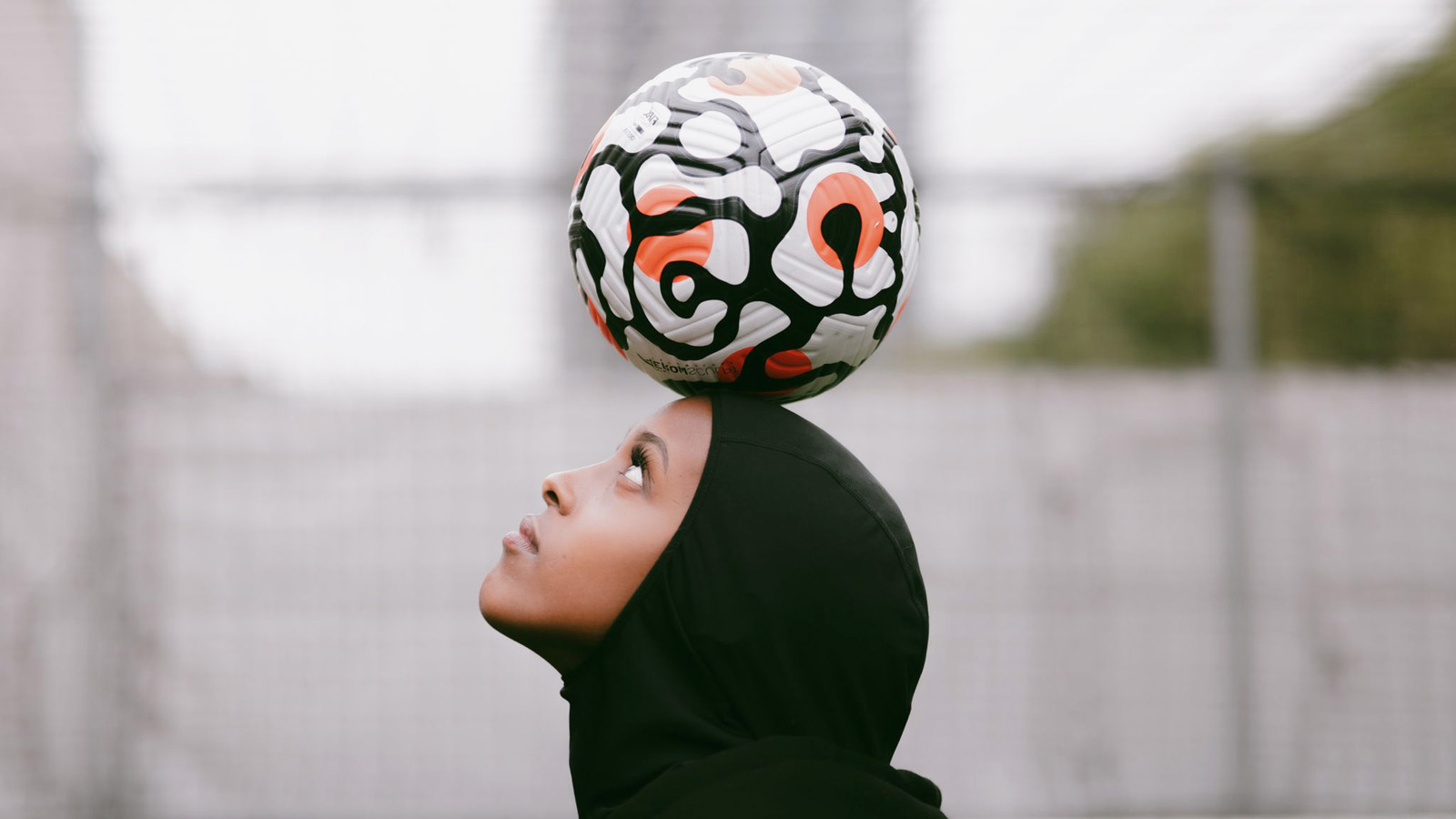
Football is a sport that millions of people around the world enjoy and participate in. However, due to cultural and religious norms in their respective countries, playing football can be a difficult and sometimes dangerous experience for women in some countries.
Here we will look at some of the regions and nations where it is tough to be a female footballer and play the sport due to cultural restrictions such as hijab.
Iran
Women have been barred from attending football matches in Iran since the 1979 Islamic Revolution. The Iranian islamic government has imposed a strict dress code in public places, requiring women to wear a headscarf (hijab) and long-sleeved clothing.
This has made it harder for women to play football because they must wear the hijab while doing so. However, some progress has been made in recent years, and women are now permitted to play football on designated fields, albeit while wearing a hijab and covering their bodies completely.
Egypt
Football is a popular sport among men in Egypt, but women encounter various impediments to participation. Women’s football does not receive the same amount of attention and resources as men’s football, and female footballers struggle to find places to play and practice. Furthermore, cultural and religious norms make it difficult for women to participate in the sport. Women are expected to wear a headscarf and modest clothes while playing, and it is not uncommon for female football players to suffer discrimination and threats.
Afghanistan
Football is not a popular sport among women in Afghanistan due to cultural and religious constraints. Women are required to be modest and refrain from participating in physical activities that reveal their bodies or are considered as “unfeminine.” Furthermore, the Taliban’s rise to power has resulted in increased restrictions on female sports participation, including football. Female footballers are subjected to harassment, threats, and violence, and some have been compelled to flee the nation or abandon the sport entirely.
Saudi Arabia
The Saudi government very recently overturned the prohibition on women’s sports in 2017. Cultural and religious conventions, however, continue to make it impossible for women to play football. Women, for example, are expected to wear a full-body abaya and a headscarf when participating in the sport. Furthermore, women’s football does not receive the same level of attention and resources as men’s football, making it difficult for women to compete at a high level.
Pakistan
Similar to Afghanistan, football is an unfeminine sport in Pakistan. Women’s football does not receive the same level of attention and resources as men’s football, making it difficult for women to compete at a high level. Women footballers are likewise required to wear a hijab and fully cover their bodies while competing.
Iraq
Like in Iran, Pakistan and Saudi Arabia, while playing the sport, women are required to wear a hijab and modest clothing, and it is not uncommon for female footballers to face harassment and threats.
Sudan
In Sudan, women’s football is not given the same resources and attention as men’s football, and female footballers often struggle to find adequate facilities to train and play. Social and cultural standandars can make it difficult for women to play any type of sports in Sudan, including football, due to gender stereotypes and expectations. Women are also required to wear hijabs while playing football games.
Despite these challenges, female footballers in Sudan are determined to fight for their right to play the sport they love and to break down barriers for future generations of women athletes.
Due to cultural and religious conventions, gender preconceptions, and a lack of resources and attention for women’s football, becoming a female footballer in certain nations can be extremely difficult. Despite these challenges, female footballers around the world are fighting for their right to play their favorite sport and breaking down barriers for future generations of female athletes. The global expansion and success of women’s football have emphasized the need for more inclusivity and equality in the sporting world.
Women’s football has come a long way, but there is still a long road ahead to create a more welcoming and supportive environment for female footballers. By continuing to advocate for their rights, pushing for change, and inspiring future generations of women athletes, female footballers are showing the world that the beautiful game is for everyone, regardless of gender or background. It is time for the world to recognize the talent, dedication, and determination of female footballers and to support them in their quest for equal opportunities and recognition in the sporting world.
Comments